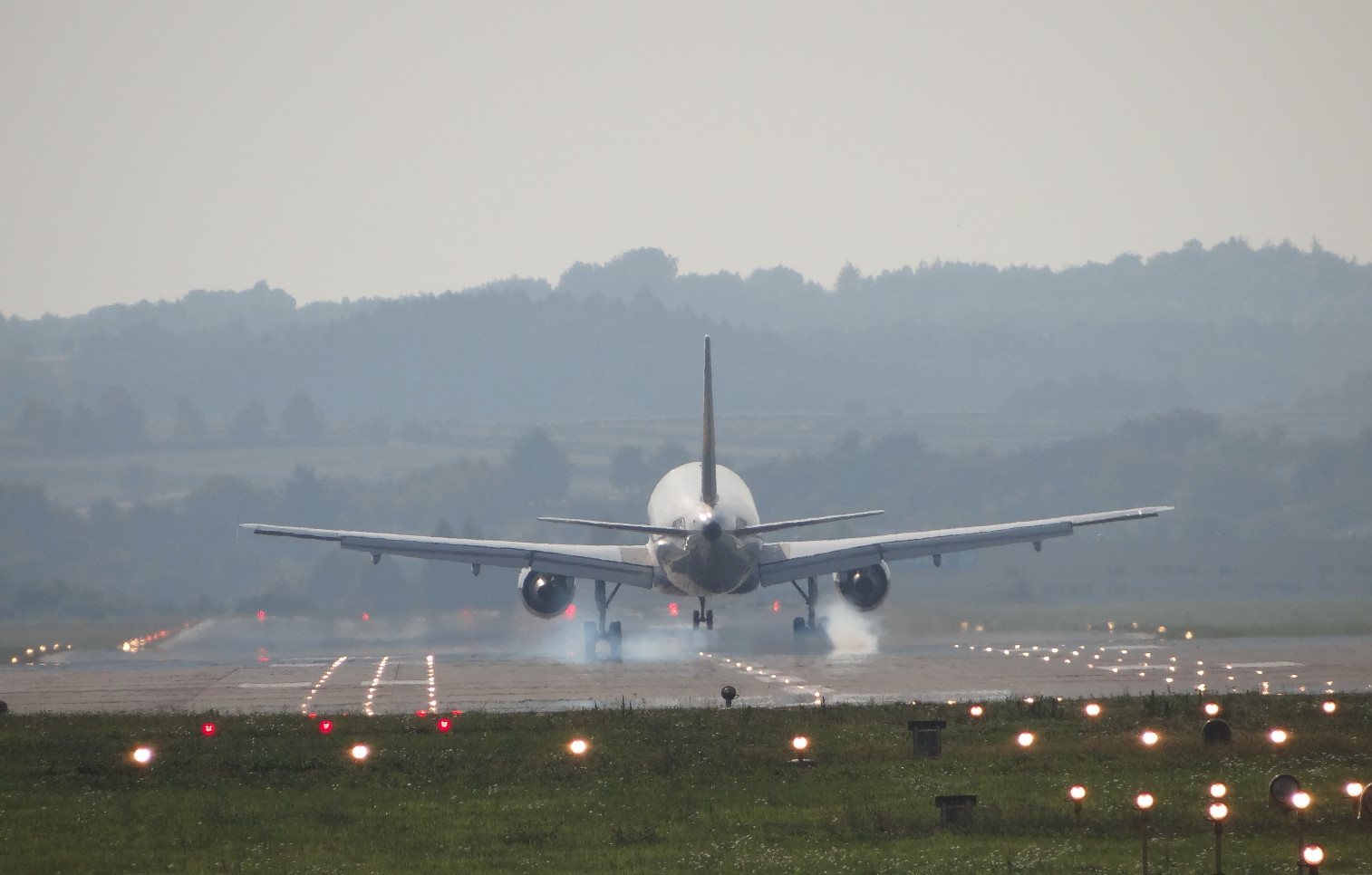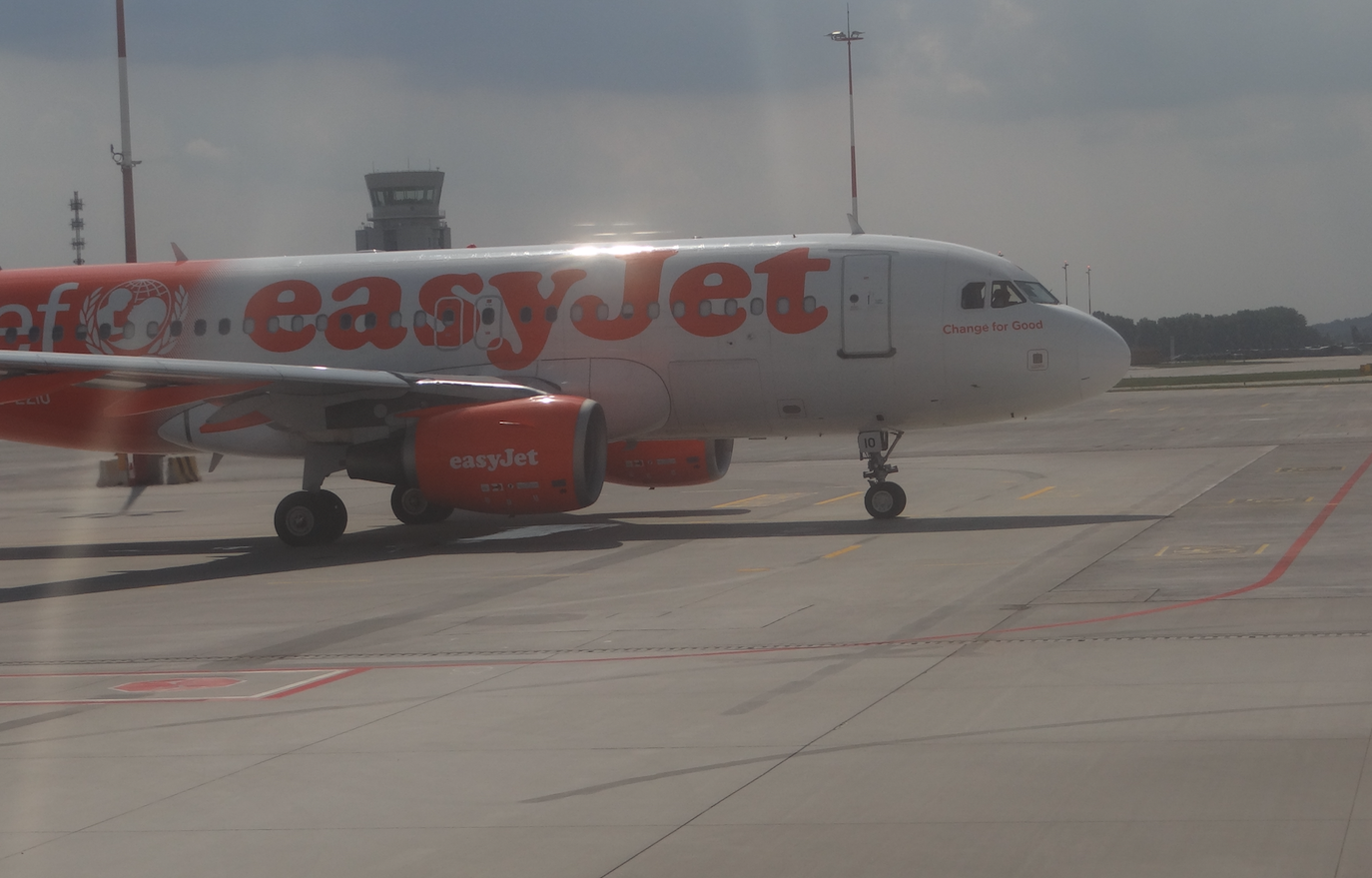Kraków 2017-04-02
An outline of the history of aviation law.


It so happened that the US is currently leading the way in civil aviation. But historically, the palm of precedence belongs to Europe, and Poland also had a not marginal share in this.
In 1889, the Aeronautical Congress was organized at the Universal International Exhibition in Paris. This congress was the first attempt to regulate the rules of air traffic, then represented only by aerostats. The arrangements made at that time drew on the experience gained so far from the concept of "freedom of the seas" by Hugo De Groot. They assumed unlimited freedom of air navigation. Due to the tense international political situation, these arrangements did not enter the implementation phase.
Grotius Hugo De Groot (1583-1645) was a Dutch scholar, lawyer, diplomat and philosopher. For the first time he presented a complete system of international law as an independent field of law, hence he is called the father of the law of nations. His division of international law into the law of peace and the law of war was widely used until the beginning of the 20th century. Hugo De Groot recognized the source of international law as custom and practice, resulting from the law of nature and contract. He based international law on the principles of humanism and rationalism. He recommended the peaceful pursuit of one's rights, and considered acceptable only wars aimed at defending or realizing a just law. Among other things, he postulated the right of free use of the seas for all states. Grotius Hugo De Groot is considered one of the founders of the law of nature.
The Aeronautical Congress did not turn out to be a breakthrough. On the contrary. In 1904, the first balloon was shot down over the territory of another country. The Germanic balloon crossed the borders of the German Empire and was shot down. At that time, talks were started on the sovereignty of the state over the airspace. However, until the outbreak of the Great World War, they did not bring any result.
Written by Karol Placha Hetman
